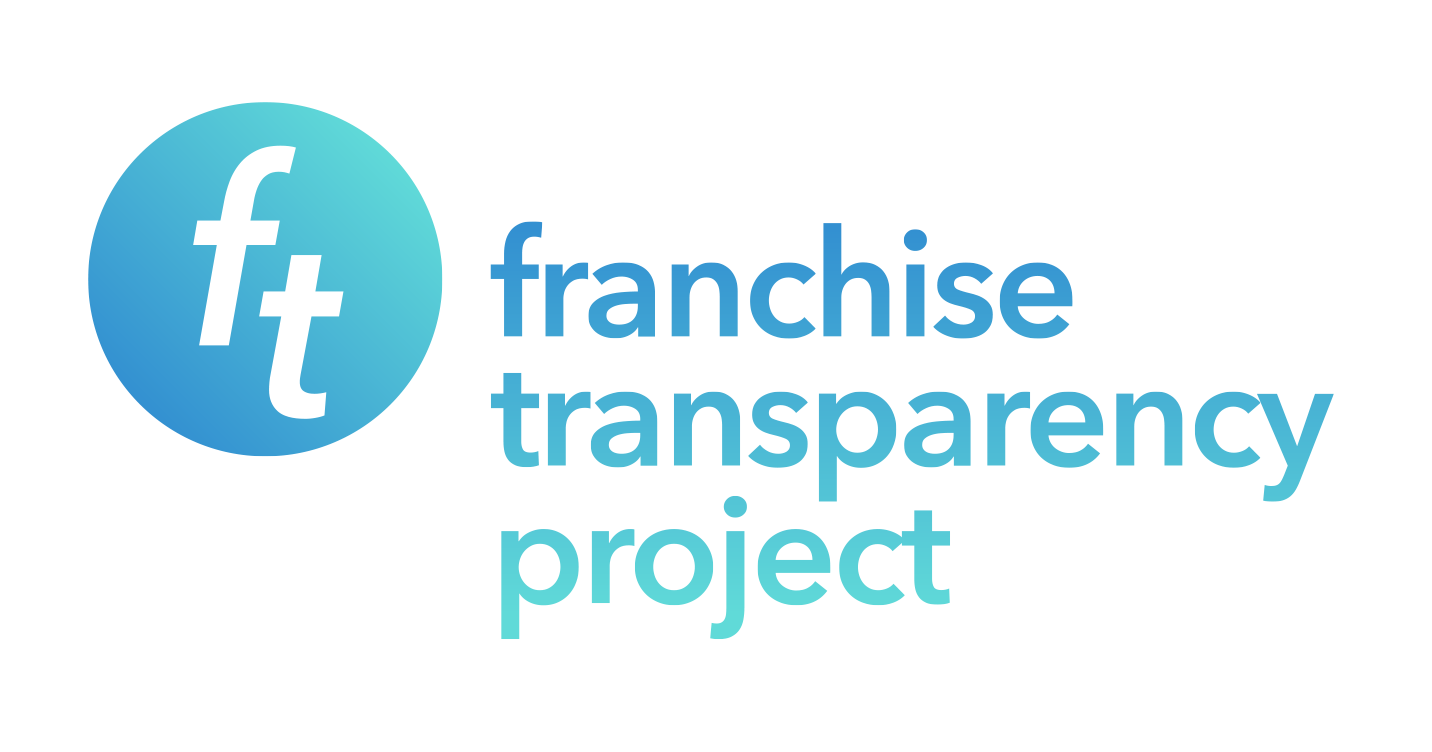
A Franchise Disclosure Document (FDD) is a critical document for you in franchise evaluation. While the franchise gives you a lot of valuable information, they don’t tell the whole story of a franchise.
In this article, we’ll explain what a franchise disclosure document is, it’s key takeaways, and how to look at the bigger picture when evaluating franchises.
What is a Franchise Disclosure Document (FDD)?
A Franchise Disclosure Document (FDD) is a required piece of documentation every franchisor must assemble to comply with, among other regulations, the Federal Trade Commission’s (FTC) Federal Franchise Rule, enacted in 1979.
FDDs contain 23 items covering all kinds of baseline information key to helping prospective franchisees understand the system into which they are buying. The franchisor must provide the FDD to prospective franchisees at least 14 days prior to signing an agreement, although the FTC does not require filing of this document at the federal level.
Information to Expect in The FDD
There are 23 Items, or Sections, in FDDs are intended to compile and standardize key information about the franchisor, to give potential franchisees a snapshot picture of what they need to know about the franchise.
Here’s a full list of items:
- ITEM 1: The Franchisor and any Parents, Predecessors, and Affiliates
- ITEM 2: Business Experience
- ITEM 3: Litigation
- ITEM 4: Bankruptcy
- ITEM 5: Initial Franchise Fee
- ITEM 6: Other Fees
- ITEM 7: Estimated Initial Investment
- ITEM 8: Restrictions on Sources of Products and Services
- ITEM 9: Franchisees’ Obligations
- ITEM 10: Financing
- ITEM 11: Franchisor’s Assistance, Advertising, Computer Systems, and Training
- ITEM 12: Territory
- ITEM 13: Trademarks
- ITEM 14: Patents, Copyrights, and Proprietary Information
- ITEM 15: Obligation to Participate in the Actual Operation of the Franchise Business
- ITEM 16: Restrictions on What the Franchisee May Sell
- ITEM 17: Renewal, Termination, Transfer, and Dispute Resolution
- ITEM 18: Public Figures
- ITEM 19: Financial Performance Representations
- ITEM 20: Outlets and Franchisee Information
- ITEM 21: Financial Statements
- ITEM 22: Contracts
- ITEM 23: Receipts
There’s a lot of information.
Consequences of Misrepresentation
There are stiff penalties for franchisors who misrepresent information on their FDDs, but for the most part the FTC leaves it up to the franchisor and franchising industry to self-regulate.
Because the document is not required to be filed at the federal level, some states (13 at this time) have additional laws requiring registration of the FDD with respective state agencies, if the franchise will be operating in that state.
See if you qualify for financing from the SBA for approved franchises.*
*No impact to your credit score. For informational purposes only.
These registration states are:
- California
- Michigan
- Virginia
- Hawaii
- Minnesota
- Washington
- Illinois
- New York
- Delaware
- Indiana
- North Dakota
- Maryland
- Rhode Island
Some registration states will offer FDDs and other documents free of charge through state-sponsored websites. The most notable of these states are California, Minnesota, and Wisconsin. Links to these websites are in the Appendix of this guide. But again, only franchisors who have registered with those states will be listed. There are many other services allowing you to download entire FDDs, or just certain items, for a fee—sometimes a substantial one.
The Critical Role of Franchise Disclosure Documents
The FDD tells you a lot of important background information about a franchise you normally will not be able to find on their website or in sales materials. Since franchisors must provide this information in the same format, it is easy to compare features and issues from franchise to franchise. Information like costs, franchisee obligations, financial performance, lists of franchisees, unit growth rates, backgrounds of key personnel, agreements, and other things are very important for you to review, especially with qualified professionals.

What a Franchise Disclosure Document Doesn’t Tell You
While the information in FDDs is deemed to be accurate, it has not been reviewed for accuracy by any government regulatory body, even in states requiring filing or registration at the state level. It is the franchisor’s responsibility to ensure the information is accurate. They can get into a lot of trouble if information is found to be inaccurate after the fact, whether by accident or otherwise, which can result in legal action.
More importantly for the purposes of our Franchising: Decoded & Demystified guide, FDDs cannot help you with many of the components of the Franchise Evaluator – listing and providing guidance on the external and internal factors that WILL have a material effect on your business and give you a clearer sense of being in business in your market as well as being in business with your franchisor. Be sure to evaluate the FDD carefully, consulting qualified advisers like accountants and attorneys, but also be sure to understand how far it can get you and where it will fall short.
The Franchise Evaluator will fill in those critical gaps. Have a concept evaluated using our Franchise Evaluator method. First concept evaluation FREE! Schedule one here.







